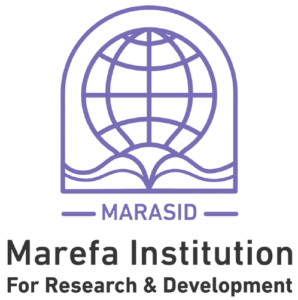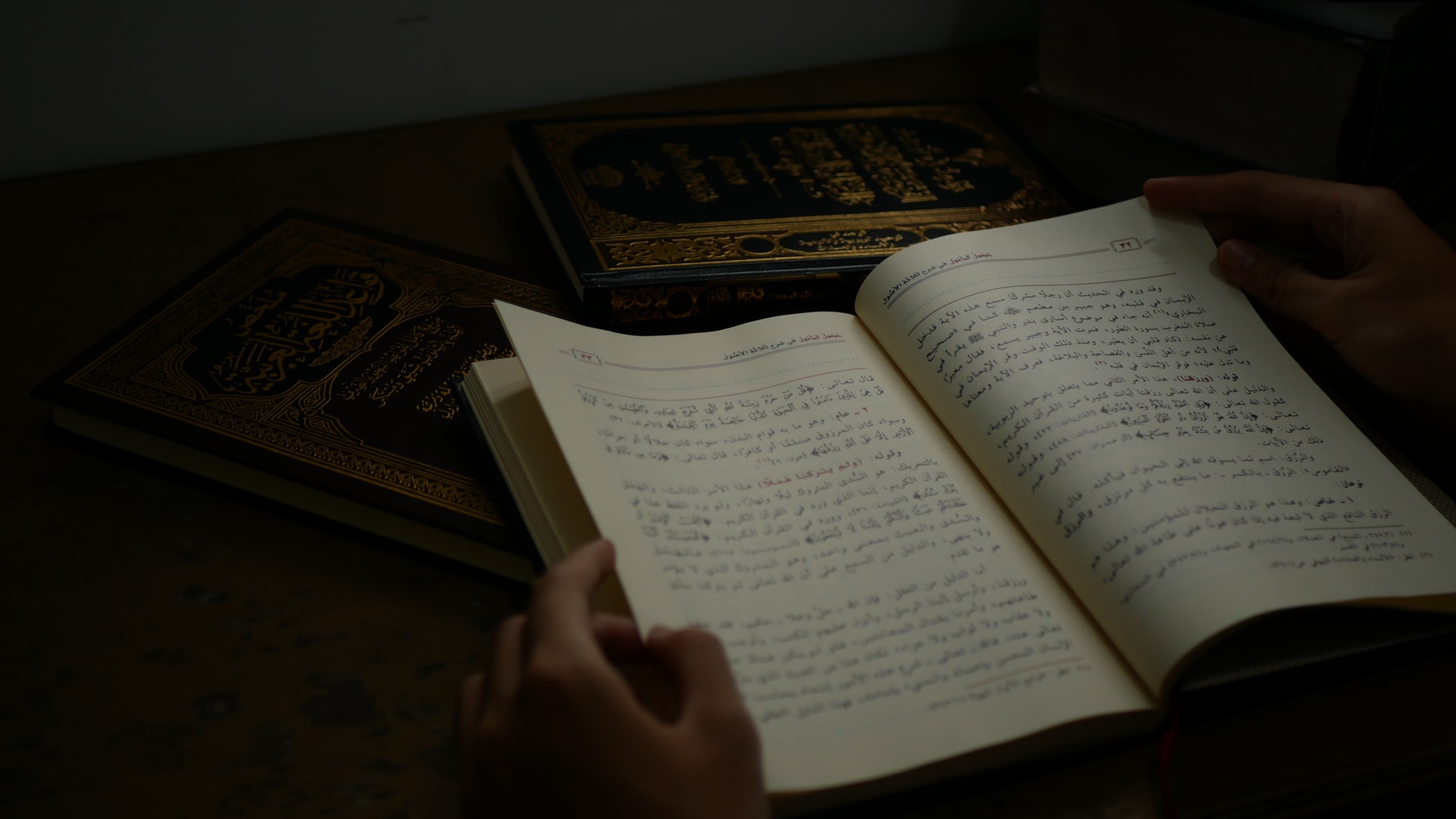Since man existed, he has been busy searching for ways to a better reality, with war and peace, with negotiations and plans. The goal is always the present of well-being and the future of prosperity. On this arduous path, which has been attacked by a germ that crosses all borders, language has never been a luxury, but rather an accurate and honest witness, an intellectual and expressive need.
Language reminds, warns, awakens and saves.
Language reminds that roots do not end, but extend to the coming days, seasons of nature and the climate cycle, so today’s idea is tomorrow’s reality, and today’s work is tomorrow’s result. It warns of the scene of poverty, hunger and homelessness when it becomes the reality of every time and place. It awakens with a word, with a tone, with a parable, with an image, it saves with an unrealistic beauty that depicts the harsh reality. With language, nations rely on silence and noise, the multitude of worries and priorities, and the broken dream of people who migrate in search of a hope that enters the realm of reality.
On Arabic Language Day, and in virtual reality, the heart of the event is not a square in a city steeped in antiquity, nor an invention threatening to change the face of humanity in a city floating on modernity, nor a disaster made by nature or man, nor a festival of shapes and colors, but all of this in a story or a novel that satisfies the thirst of letters for a meaning, a cause or a goal.
“A Goal in a Book” is the title chosen by ESCWA to celebrate the Arabic language and languages this year, in an attempt to link the content of the Sustainable Development Plan (2030 Agenda) and its seventeen goals to the heritage of humanity, summarized in literary works. And the reader encounters what led to these goals in books in which the letters of the language pour out anxiously and joyfully, it does not matter, what matters is that nations write line by line in a past that remains present, and draws the path to the future.
The language is rich in works that deal with human issues, which we rediscover in scenes that were and still are, which the novel extracts from reality, drawing them into chapters and characters that speak in the name of every individual and society. Among them is a student yearning for education, a worker looking for work, a woman seeking equality, a nation, small or large, seeking development for all and sufficient resources for the present and future generations.
Arabic Language Day is one of the six language days, to which the United Nations dedicated the eighteenth of December, to emphasize pluralism and the role of languages in conveying the universal message to the local conscience, so that every human being receives it, and the farmer in his field, the industrialist in his factory, and the decision-maker in his position of responsibility adopts it, and everyone works in a workshop building on solid foundations that exclude no one for a world that neglects no one.


